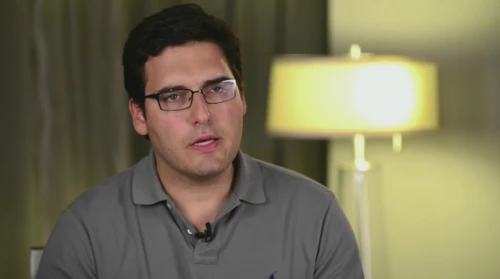

Gerold Grasshoff
Education
- Staatsexamen, Russian and economics, Plechanow Institute
- BA, Otto Beisheim School of Management
Gerold Grasshoff is a core member of The Boston Consulting Group’s Financial Institutions practice and head of the firm’s Risk Task Force. He became a Fellow in 2011. Gerold leads BCG's global work in risk management in financial institutions.
Gerold’s fellowship research is risk and capital management, with a special interest in the current changes to the regulatory framework and their impact on the financial-services industry. In the coming years, he will focus on establishing a comprehensive understanding of the new international regulatory landscape. His research is linked to BCG’s overall risk team efforts, and his findings are discussed on a yearly basis in the firm’s global risk reports.
Gerold has already introduced Basel II and Basel III concepts into universal banking steering and operations. His premerger and postmerger support for European banks has included risk reduction programs for large investment banking portfolios and the complete setup of best-practice risk organizations.
Since joining BCG in 1997, Gerold has focused on large-scale transformation projects in the banking sector and topics on risk management.
Before BCG, Gerold worked for Hoechst India in Bombay, Group Danone in Paris, Booz Allen & Hamilton in Düsseldorf, BHF-Bank in Tokyo, Mercedes-Benz Japan in Tokyo, Volkswagen AG in Moscow, and BUNA Werke Schkopau in Halle.











